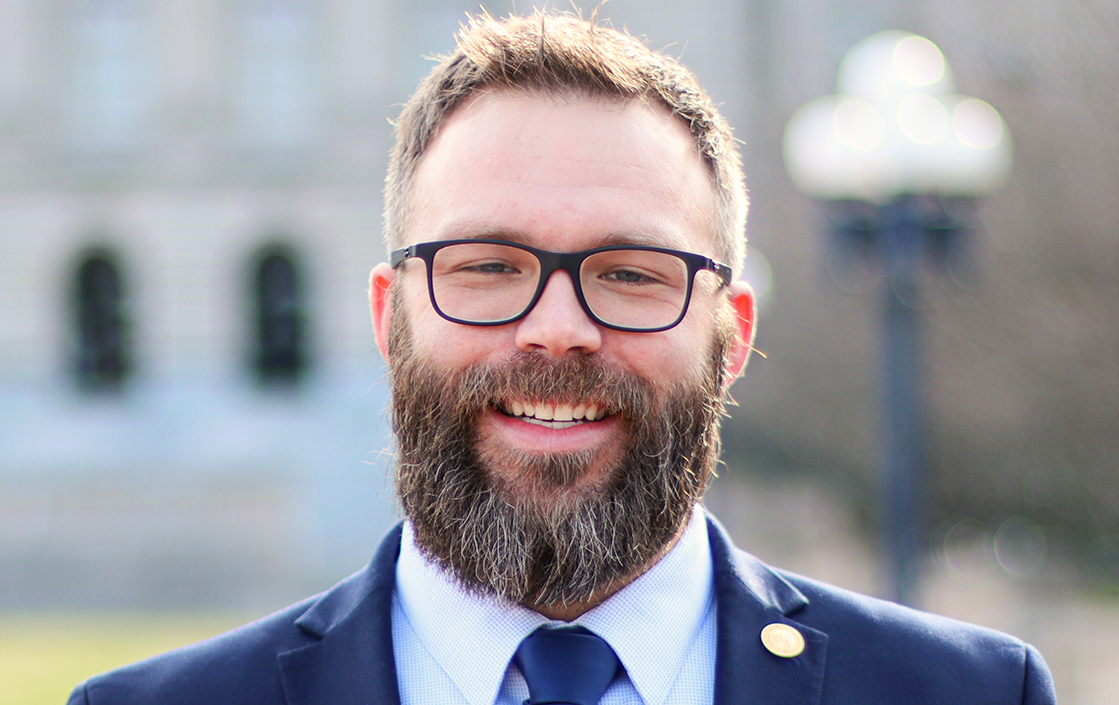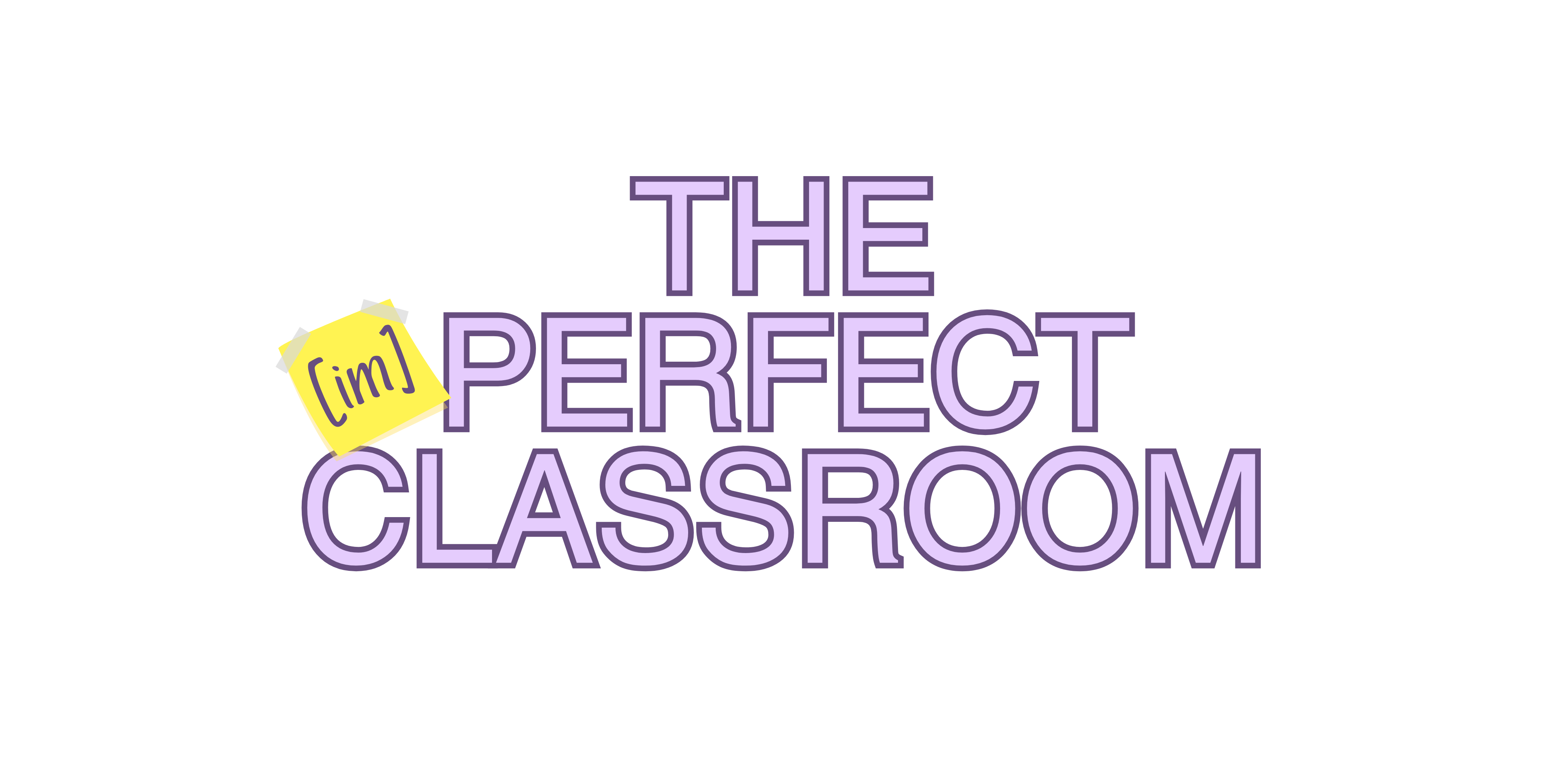Over the past few months, I’ve grown pretty accustomed to phone interviews. I’ve also discovered an interesting phenomenon that typically occurs during these interviews. While I love discussing my teacher colleagues, our collaboration and the instructional practices we’ve found to be successful, interview dialogue almost always seems to take an individualized slant. “Well, yes, but what do YOU do in the classroom?”
For whatever reason, there seems to be a need to strip education (and teachers) down to individualized efforts. The public likes to turn the long-distance relay into a competitive, Hunger Games fight to the death. Teacher versus teacher — whose test scores will allow her to survive? You know the song and dance: merit pay, accountability, test scores, tenure, Superman. There is a growing movement that makes teachers compete rather than collaborate. No one wants to hear about the ways we work together to ensure our students’ success, or the ways we learn from each other. Instead, they are lacing up our gloves and putting us on opposite sides of the ring. I don’t like it.
That’s why I was so surprised during a KET phone interview this past week. I wasn’t asked about my individual performance in the classroom. Instead, I was asked what a successful school looks like. I had to stop and gather my thoughts. Here was someone acknowledging that education is a system. Here was someone acknowledging that student success relies upon a number of factors, and that cooperation between teachers, administrators, parents and community members must align appropriately in order for true learning to occur. We must view all our efforts as important contributions to student learning, and we must view one another as teammates.
That’s why, when asked what a successful school looks like, I thought of my own school. I work in a building and in a district where teachers are supported — we are given the technology, resources and training we need to be successful. But we are also given freedom — freedom to be creative, freedom to fully exercise our expertise and, most importantly, freedom to explore collaborative opportunities with one another.
Ask any successful teacher where she finds her best lesson ideas, and she’ll happily tell you she “steals” from other successful teachers. Whether it is through education websites, social network sharing, professional development sessions or between bites of a school lunch, teachers thrive most when we can learn and share with each other. I worry what the current competitive environment will do to that sense of camaraderie and collaboration. When teachers are compared to one another, valued (or devalued) by a quick glimpse at test scores, what will happen to our willingness to share? Will people begin to keep their successful strategies, lessons and activities in their back pockets? If we lose our team mentality, will we lose sight of our students and instead begin to fixate on ourselves?
There is something very empowering in knowing you have a team of teachers working alongside you each day — a team of teachers who care about each of your students as much as you do and who would sacrifice anything to see those kids succeed. Our students are up against so many obstacles these days. Poverty. Hunger. Language barriers. Skills deficiencies. These obstacles are our real opponents, and we must remember this when we begin comparing one country’s test scores to another, one teacher to another, one student to another. We’re all fighting for our students, and it is that fight that unites us. We shouldn’t be asking what makes one teacher “better” than another; instead, we should be asking what we can do together to make our students successful.
Kimberly Shearer, an English teacher at Boone County High School, was named the 2012 Teacher of the Year on Oct. 18, 2011. During her year-long reign, Shearer is writing a monthly column for Kentucky Teacher that chronicles her experiences as a classroom teacher and as Kentucky Teacher of the Year. The column runs the second Thursday of each month.




Fantastic article and message! Shout it from the rooftops!!
It’s been a while since I retired from teaching but I still recall that the best ideas always came whenever groups of teachers were allowed the time and opportunity to get together and brainstorm insights, strategies, methods, etc. Thanks for being such a great spokesperson for teachers, students and education Kimberly! Keep up the great work!